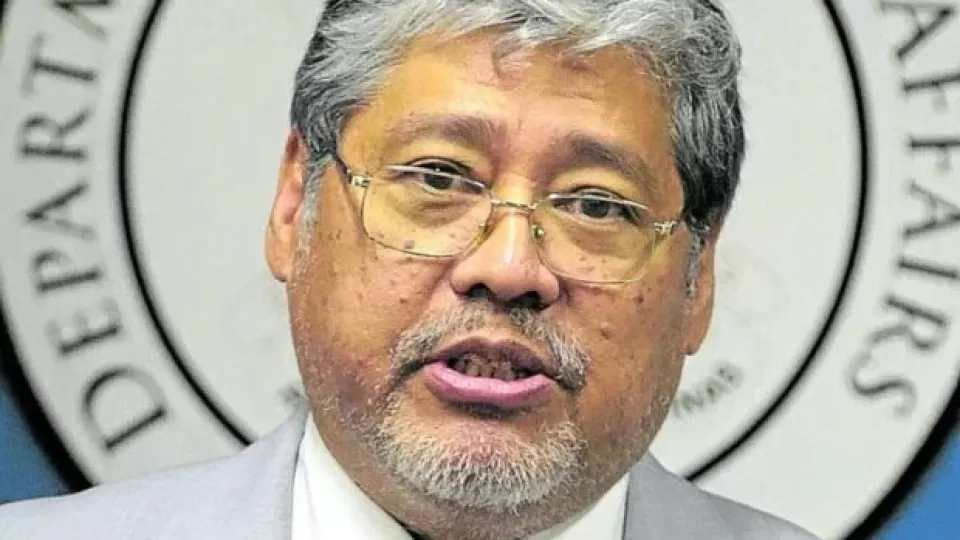December 23, 2022
MANILA – The South Korean government has pledged $3 billion worth of concessional infrastructure loans to the Philippines over the next four years as part of its continuing efforts to assist allies’ economic development. According to Foreign Secretary Enrique Manalo, the framework agreement for the loans was signed last Dec. 21, as part of the Economic Development Cooperation Fund of the South Korean government.
The $3-billion concessional loan will be used for infrastructure and road network developments from 2022 to 2026. Manalo said the amount this year is three times bigger than the previous.
“I look forward to more fruitful engagements and acknowledge with deep appreciation Korea’s swift, steady, substantial and continuing contribution to the socioeconomic development in the Philippines,” Manalo said.
6th biggest ODA source
Manalo said South Korea is the sixth largest source of official development assistance (ODA) of the Philippines.
South Korean Consul General Kyooho Lee told the Inquirer that the government only needs to repay 12.6 percent of the loan.
“[The remaining] 88.4 percent will not be repaid by the Philippines,” Lee said.
The South Korean loan has a 0.15 percent average loan interest rate, a grace period of 10 years, and a maturity period of 40 years. “It means that Korea’s concessional loan is almost [a] grant,” he said.
Continuous aid
Manalo thanked Korean Ambassador Kim Inchul for the embassy’s continuous assistance to the country, not just through the economy.
“In the past, the 2017-2022 Korea Country Partnership Strategy for the Philippines supported the Philippine Government on sustainable rural development, improved access to basic health services, universal health-care system, water management and distribution system, infrastructure for transport systems and strengthened disaster preparedness,” he said.
Early this December, the embassy celebrated the first 1,000 days (F1KD) of its efforts to stop stunting among 19 municipalities in the provinces of Samar, Northern Samar and Zamboanga del Sur.
F1KD had a total budget of $6.7 million which provided basic nutrition for children in the communities and helped declare several barangays free of open defecation.
Manalo said South Korea plans to further increase its ODA by 2025 for climate change and green-related projects.


